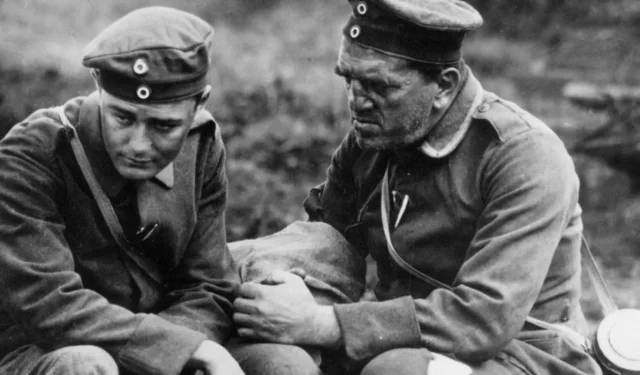The 1930 film All Quiet On The Western Front is widely revered as a landmark in the war film genre, culminating in its dual Academy Award wins, including Best Picture—making history as the first sound film to achieve this honor. This adaptation of Erich Maria Remarque’s acclaimed 1929 novel transports viewers into the harrowing experiences of young German soldiers, led by the character Paul Bäumer, portrayed by Louis Ayres. Initially filled with patriotic zeal, these characters soon confront the brutal truths of warfare, leading to profound disillusionment. The movie’s courageous portrayal of war’s horrors cemented its legacy and positioned it as a quintessential anti-war piece, despite facing bans in several nations due to its political themes.
Since its release, the influence of All Quiet On The Western Front has endured, inspiring two remakes and a largely obscure sequel, first introduced in 1937.
Exploring The Road Back: A Sequel To All Quiet On The Western Front
The Road Back: Adaptation and Storyline
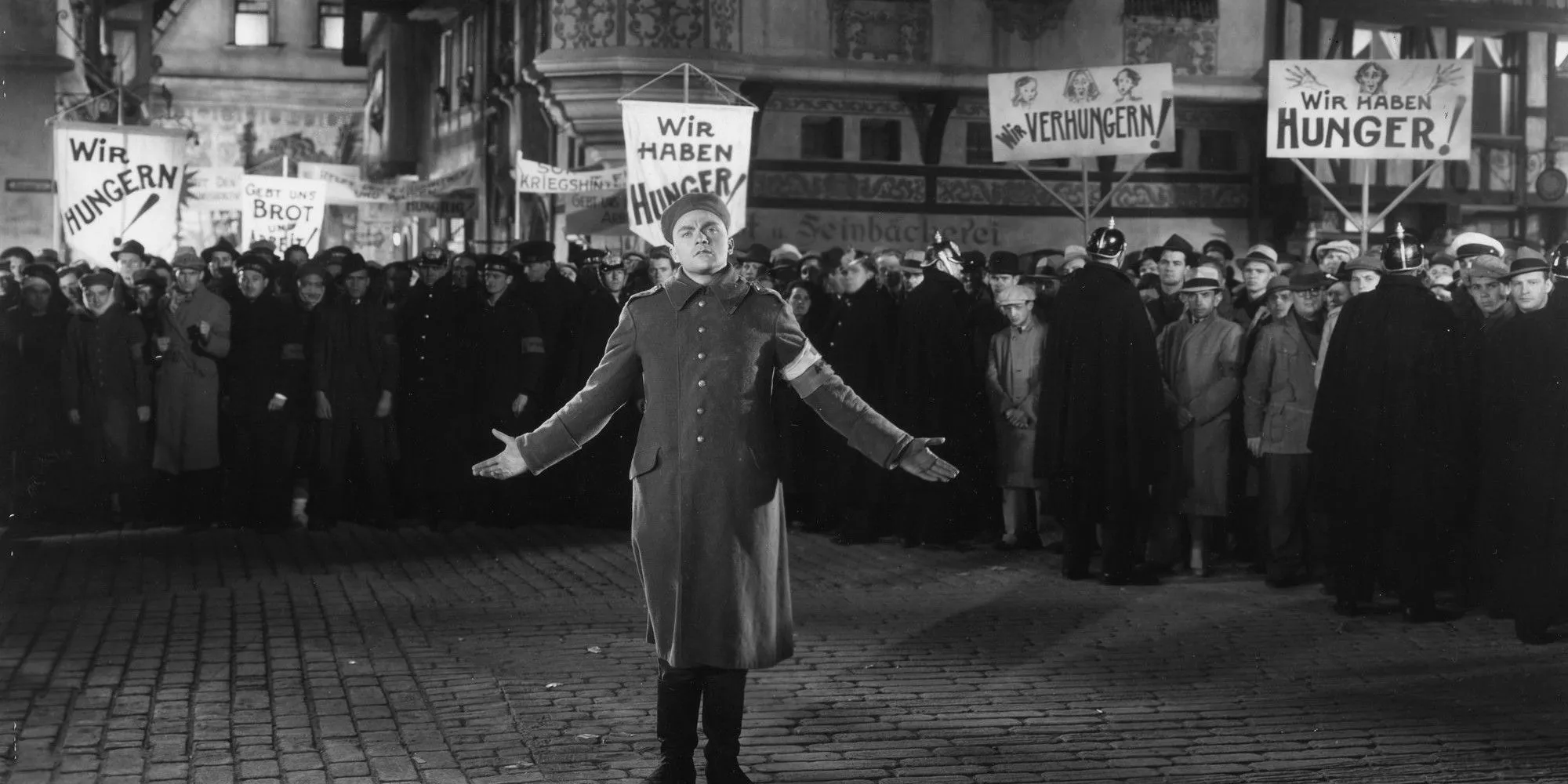
In 1937, Universal Pictures unveiled the film The Road Back, starring John King, Richard Cromwell, and Barbara Read, and directed by James Whale, known for helming the iconic 1931 version of Frankenstein. Set in the devastating aftermath of World War I, the narrative follows the challenges faced by soldiers re-entering civilian life in Germany. Each character grapples with the stark changes in their homeland and the psychological scars left by their wartime experiences.
Originally penned by Erich Maria Remarque in 1931, The Road Back serves as a literary sequel to All Quiet On The Western Front. The novel, which first appeared as serialized text in the German daily Vossische Zeitung, delves deeper into the struggles of returning veterans. The cinematic connection between the two films is reinforced by the character Tjaden, played by Slim Summerville in both adaptations.
Comparative Analysis: The Road Back and All Quiet On The Western Front
Challenges in Production and Reception
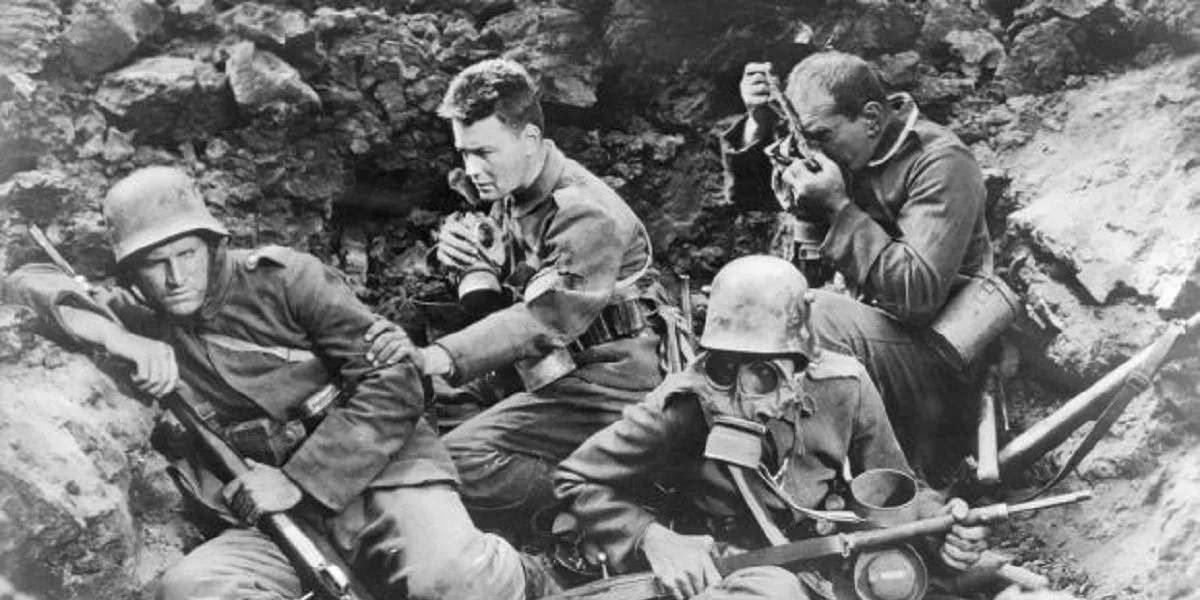
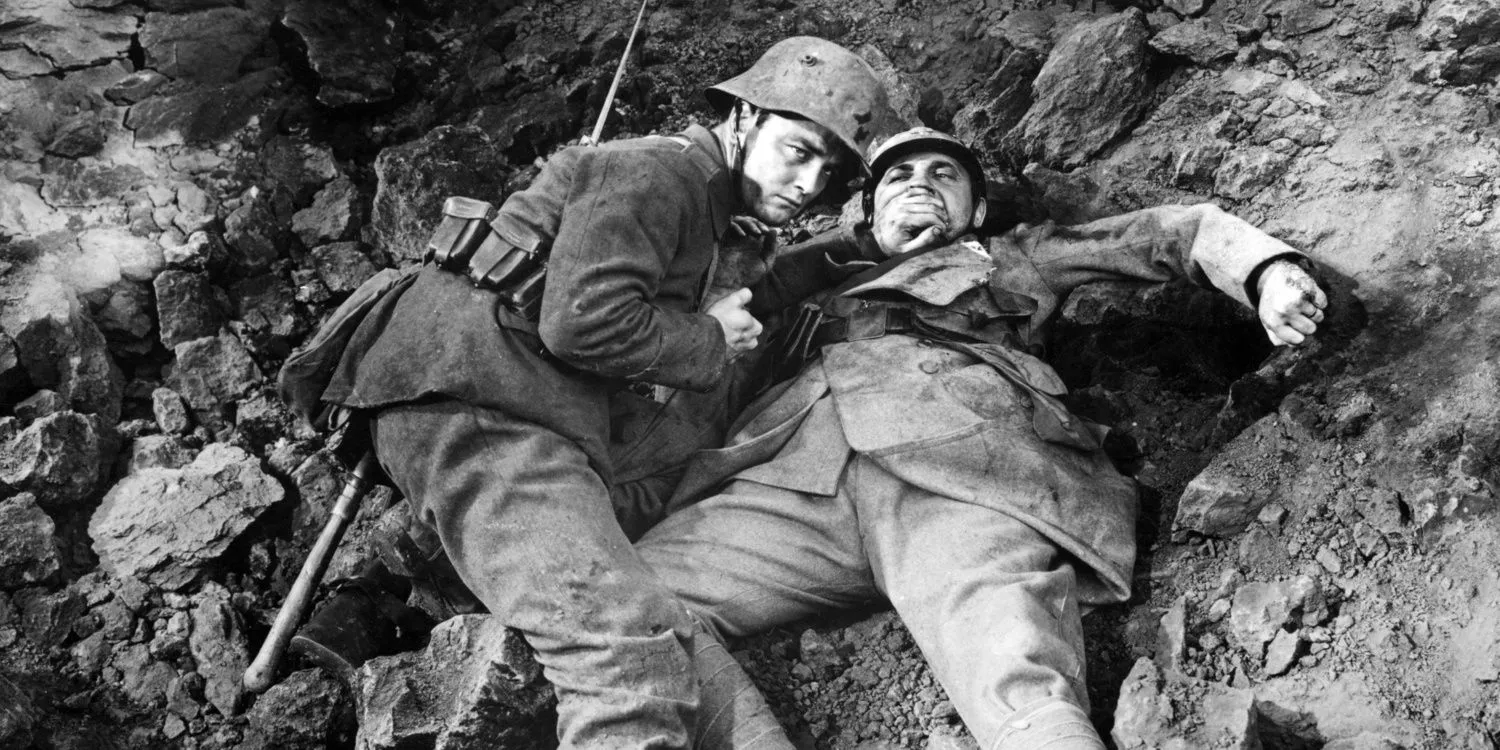
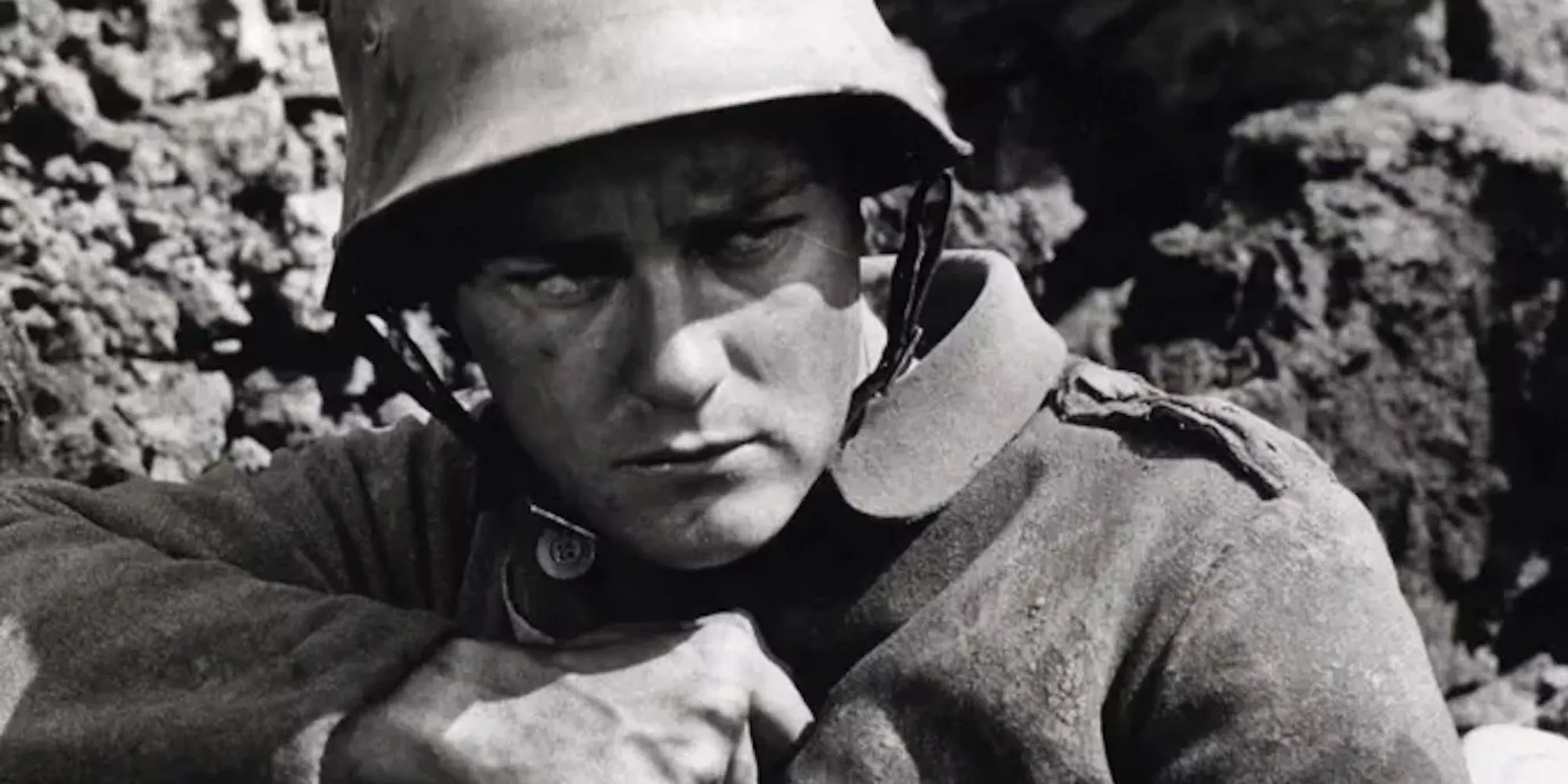
Despite its ambitious intent, the production of The Road Back encountered significant hurdles, including the tragic on-set death of stunt performer George Daly. Director James Whale originally envisioned the film as a stark anti-war statement akin to its predecessor. However, constraints imposed by German censors and financial pressures necessitated substantial revisions to the script, eliminating critical anti-Nazi elements from the novel. Additionally, Whale was instructed to incorporate romantic and comedic interludes, diverting attention from the film’s primary narrative focus.
Upon its release, The Road Back garnered mixed reviews, with critics noting that it failed to capture the impactful essence of All Quiet On The Western Front. Although the battle sequences received some commendation, the film’s convoluted plot and the excising of poignant anti-war messages led to disappointment among audiences. Displeased with the adaptation’s direction, Remarque chose not to renew his contract with Universal Pictures following its release. Years later, a restored version generated more favorable reactions but still could not achieve the acclaim of its predecessor.
Sources:
Abe Books,
Slashfilm,
New York Post
